The Saluki: Preserving The Legacy Of A Cultural Treasure
The Saluki dog, also known as the Aseel Arabian Saluki, is a breed steeped in history and cultural significance. In this article. we delve into the efforts of the IAASC to preserve its legacy, with insights from their founder, Fahd Al-Farhan.
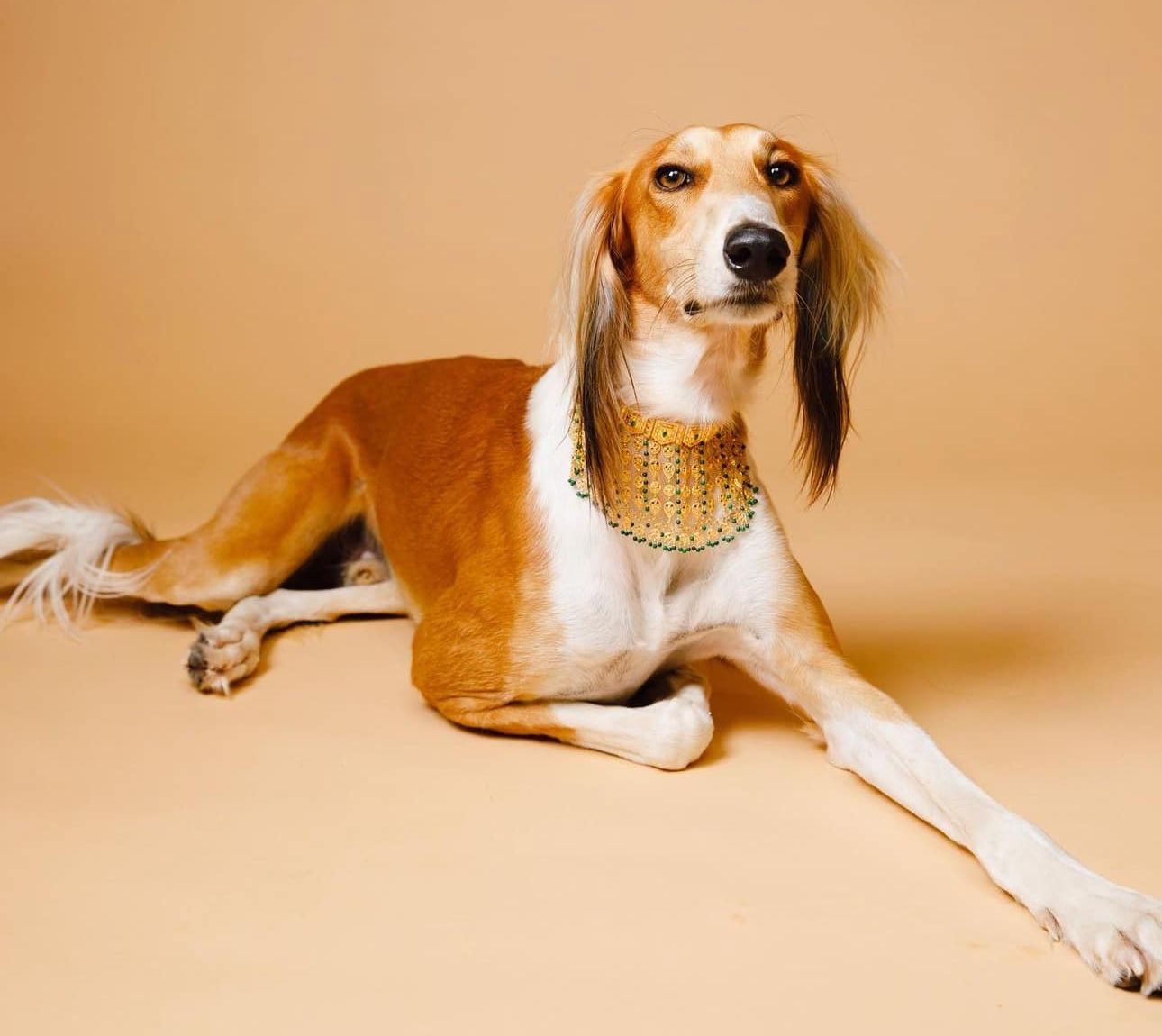
The Saluki dog, also known as the Aseel Arabian Saluki, is a breed steeped in history and cultural significance. Recognized for its grace, speed, and endurance, the Saluki has been integral to various cultures, particularly in the Middle East.
This ancient breed, believed to have originated thousands of years ago, has been revered by nomadic tribes, royalty, and hunters. Today, the International Aseel Arabian Saluki Center (IAASC) plays a pivotal role in preserving and promoting this historic breed. It isn't often that I come across a dog breed that I am unfamiliar with, and the Saluki was one of them; in this article, I delve into the history and significance of the Saluki, the challenges it faces, and the efforts of the IAASC, with insights from the organization’s founder, Fahd Al-Farhan.
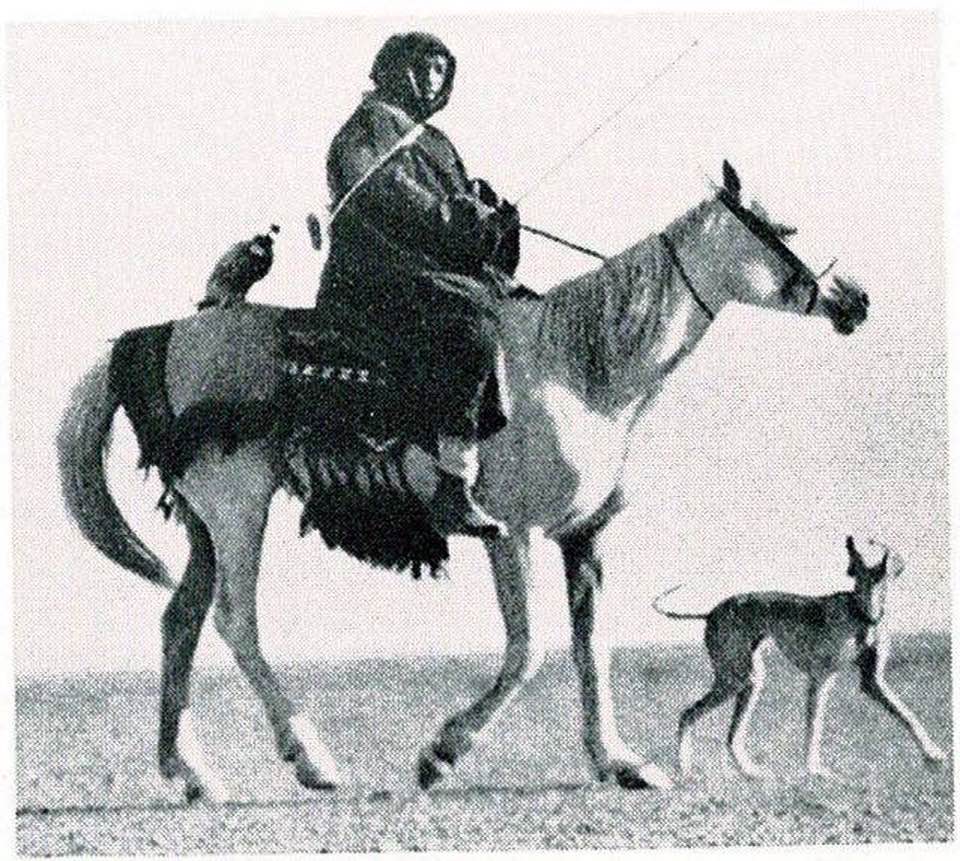
Historical Significance of the Saluki
The Saluki dog is one of the oldest known breeds, with a history that dates back to ancient civilizations; depictions of Saluki-like dogs have been found in Egyptian tombs dating back to 2100 B.C., often referred to as the "Royal Dogs of Egypt." These dogs were highly prized by pharaohs and nobility, symbolizing wealth and status. Their importance extended beyond Egypt, with historical references and depictions found in Mesopotamia, Persia, and other parts of the Middle East.
Traditionally, Salukis were used by nomadic tribes for hunting due to their exceptional speed and endurance. They were adept at chasing down game, such as gazelles and hares, in harsh desert environments. Their keen eyesight and ability to run at high speeds make them invaluable companions for a hunter. Historically, the bond between a Saluki and its owner was profound, with the dogs being treated as family members.
In addition to their hunting prowess, Salukis have been celebrated in the Middle East's poetry, art, and literature. They were often depicted alongside their owners in various art forms, highlighting their significance in daily life and culture. In ancient Persia, Salukis were not only hunting companions but also symbols of nobility and grace, often mentioned in classical poetry and literature.
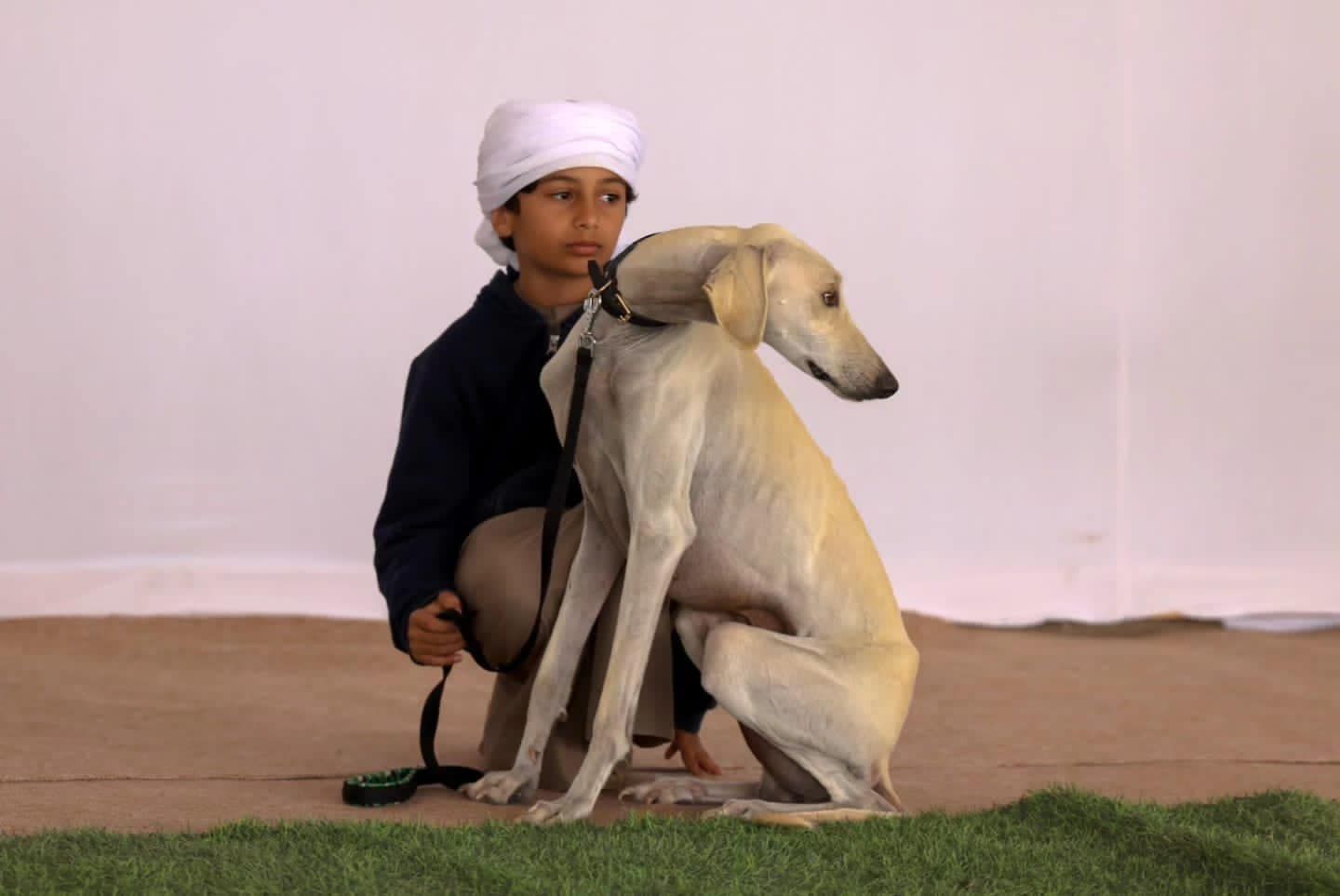
Challenges in Preserving Rare Breeds
Despite their importance, preserving rare breeds like the Saluki faces numerous challenges. Urbanization, industrialization, globalization, and declining interest in traditional agricultural practices pose significant threats. To address these challenges, engaging in research, policy advocacy, and outreach initiatives is essential. Collaborating with farmers, local communities, and relevant stakeholders can develop innovative approaches to promote awareness, funding, and sustainability in rare breeds’ conservation.
The expansion of urban areas and industrial activities often encroaches on the natural habitats of rare breeds, leading to a loss of genetic diversity and traditional knowledge. Efforts to mitigate these impacts include creating protected areas, promoting sustainable land use practices, and raising awareness about the importance of conserving rare breeds.
Globalization has led to the dominance of a few commercially popular breeds, overshadowing rare breeds like the Saluki. This cultural homogenization threatens these breeds' unique genetic traits and cultural heritage. To counter this, promoting the cultural and economic value of rare breeds through education, media campaigns, and international cooperation is crucial.
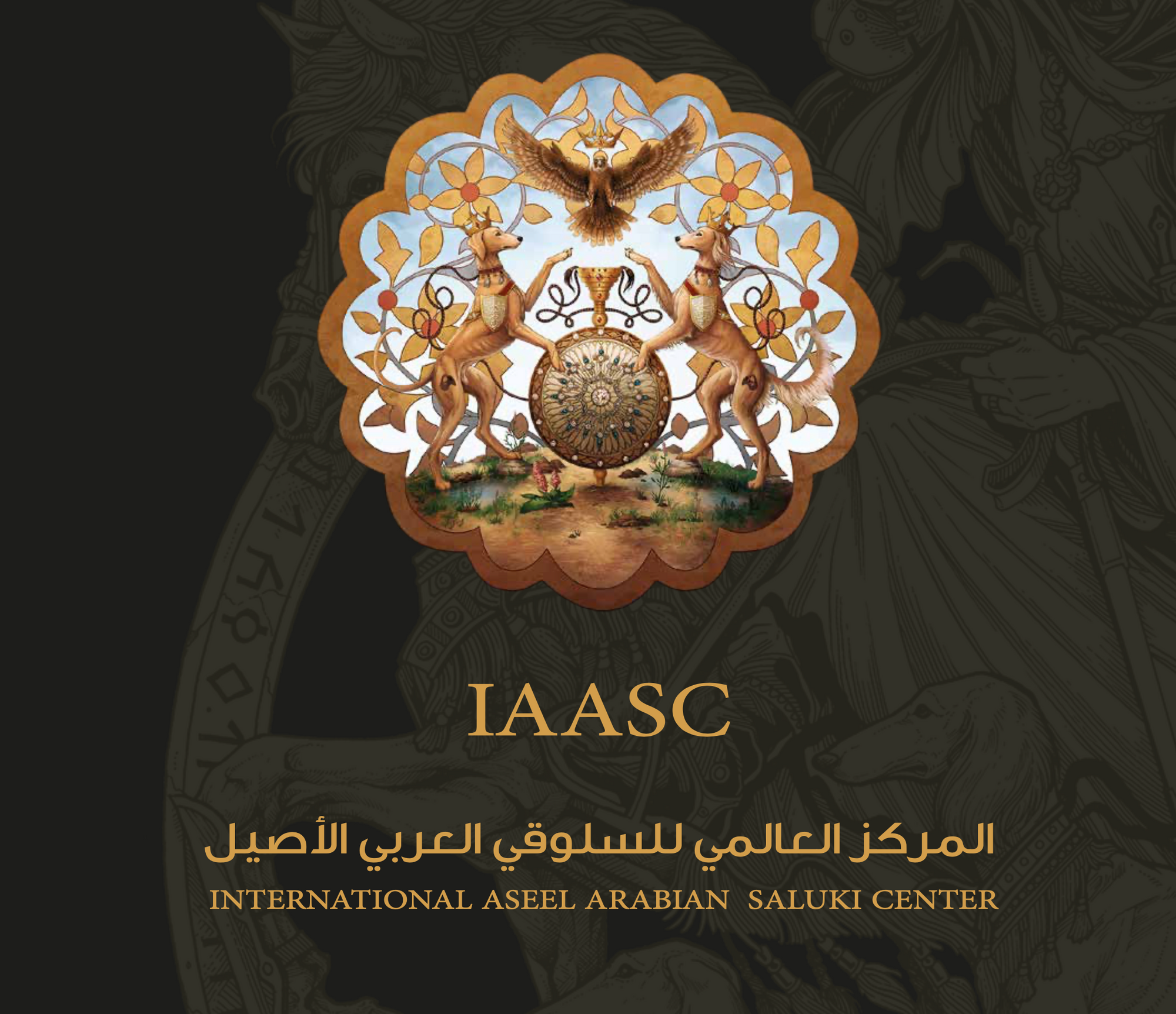
The International Association for the Advancement of Saluki Competitions (IAASC)
The IAASC is dedicated to preserving and promoting the Saluki breed. Founded by His Excellency Fahd Al-Farhan, the organization aims to protect the Aseel Arabian Saluki and ensure its legacy continues for future generations. The IAASC’s initiatives include organizing competitions, providing veterinary care, and promoting traditional hunting practices.
Mr.Al-Farhan emphasizes the cultural significance of the Saluki and the need to preserve this ancient breed. “Salukis are not just dogs; they are a vital part of our cultural heritage. Their history is intertwined with the history of the Middle East, and we must ensure they are protected and celebrated”.
The IAASC was established to provide a platform for Saluki enthusiasts and to promote the breed’s importance in our culture.
IAASC’s Mission and Activities
The IAASC, licensed by the Livestock Department of the Saudi Ministry of Agriculture, is committed to the following objectives:
- Preservation and Promotion: The IAASC works to preserve the genetic purity of the Saluki breed and promote its cultural significance. This includes organizing beauty contests and traditional hunting competitions.
- Veterinary Services: The organization provides comprehensive veterinary care, including health checks, vaccinations, microchips, DNA testing, and grooming advice. This ensures the well-being of the Salukis and supports responsible breeding practices.
- Education and Outreach: The IAASC conducts educational programs to raise awareness about the Saluki’s history and importance. This includes workshops, seminars, and community events to engage the public and foster a deeper appreciation for the breed.
- International Collaboration: The IAASC has worked closely with UNESCO to promote the Saluki as part of humanity's intangible cultural heritage. This collaboration has helped raise awareness about the breed’s historical and cultural significance.
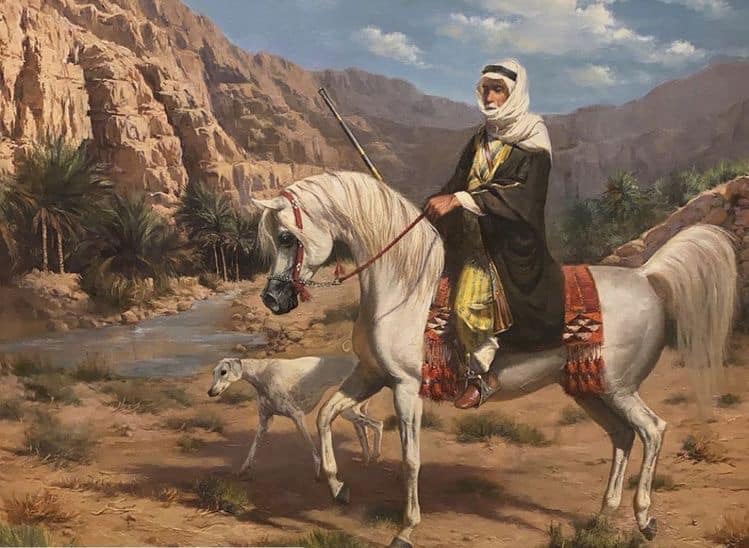
The Future of the Saluki Breed
The efforts of the IAASC and similar organizations are crucial in ensuring the survival and prosperity of the Saluki breed. These organisations play a vital role in safeguarding our cultural heritage by promoting the breed’s cultural significance and providing the necessary support for its preservation.
Modern technology offers new opportunities for preserving and promoting the Saluki breed. Advances in veterinary medicine, genetic research, and digital platforms can enhance conservation efforts. For example, DNA testing can help maintain the breed's genetic purity, while social media and online platforms can raise awareness and connect Saluki enthusiasts globally.
Engaging local communities is essential for the success of preservation efforts. The IAASC encourages community involvement through educational programs, workshops, and events highlighting Saluki’s importance. By fostering a sense of pride and ownership, these initiatives help ensure that future generations continue to value and protect the breed.
Advocating for policies that support the preservation of rare breeds is crucial. This includes promoting legislation that protects the natural habitats of these breeds, supports sustainable breeding practices, and provides funding for conservation efforts. The IAASC works with policymakers, researchers, and other stakeholders to advocate for policies that benefit the Saluki and other rare breeds.
The Saluki dog is a testament to the rich cultural heritage of the Middle East. Its history, elegance, and importance in traditional hunting practices make it a breed worth preserving. The International Association for the Advancement of Saluki Competitions (IAASC), under the leadership of Mr. Fahd Al-Farhan, plays a crucial role in promoting and preserving this ancient breed. The IAASC ensures that the Saluki remains a vital part of our cultural heritage through its various initiatives.
By recognizing the significance of rare breeds and supporting organizations like the IAASC, we can protect and celebrate the genetic and cultural diversity that these breeds represent. The Saluki, with its rich history and cultural importance, reminds us of the need to preserve our intangible heritage for future generations.
As Mr Fahd Al-Farhan aptly puts it, “Preserving the Saluki is not just about saving a breed; it’s about honouring our history, culture, and the bond between humans and their loyal companions. The IAASC is dedicated to this mission, and we will continue to work tirelessly to ensure the Saluki’s legacy endures.”


